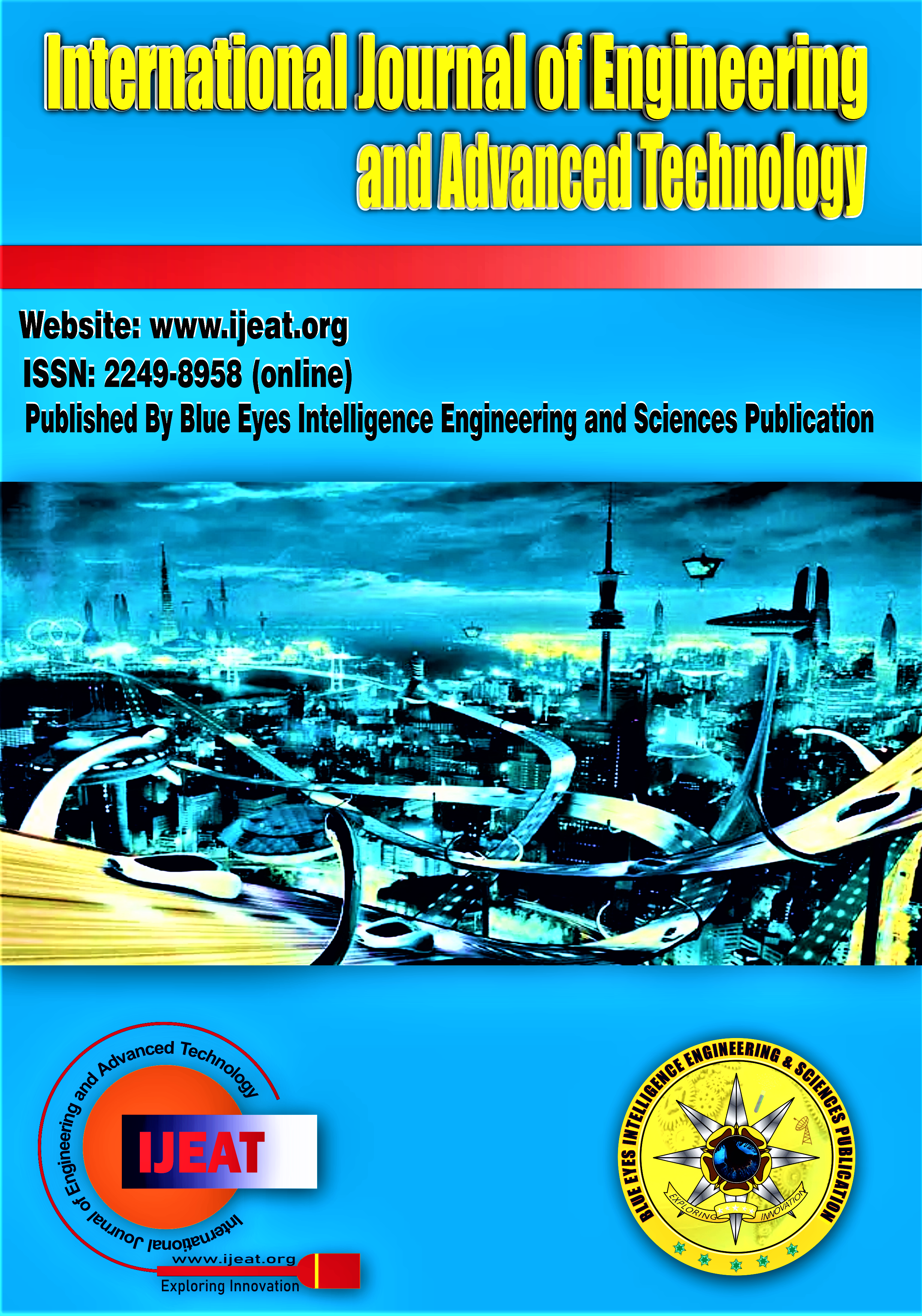Performance Analysis of an Improved Particle Swarm Optimization and the Standard Particle Swarm Optimization
Main Article Content
Abstract
Many industries employ different modes of control when it comes to PID parameter tuning. The problem of tuning a control system for linear and nonlinear systems has been undertaken by previous authors however the level of error reduction in the system performance has not been done quite well, hence the study on improved particle swarm optimization using improved Algorithm for PID parameter tuning. This paper tackled optimization of PID parameters based on improved PSO algorithm for the non-linear system. The particle swarm optimization is used to tune the PID parameters to ensure improved system response and operation. The PSO was deployed in a nonlinear system for application and validation of results achieved through PID tuning of the standard parameters on the MATLAB Simulink platform. The study ensured that the PID parameters were effectively tuned by applying improved PSO Algorithm to the plant process. The research used a standard nonlinear system depicting the real-life situation and an Improved Particle Swarm Optimization Algorithm to analyze and compare the improved behavior on the MATLAB/Simulink toolbox as applied to the PID parameters. Finally, it was logically realized that an improved PSO Algorithm system response was much better in comparison with the non-PSO tuned system. The simulation was performed on the plant transfer function using the MATLAB and Simulink platforms at various parameter choices and situations, and realizations were made from the data obtained. As the iteration was increased from 10, 50, and 100, there was a significant reduction in ITAE error from 0.054806 to a minimum of 0.01900, which is far better than the SPSO algorithm. SPSO reduces the error from 0.065143 to 0.020476. It was noted that the system behavior was far better in terms of settling time and peak overshoot for IPSO.
Downloads
Article Details
Section

This work is licensed under a Creative Commons Attribution-NonCommercial-NoDerivatives 4.0 International License.
How to Cite
References
E. Y. Bejarbaneh and A. Bagheri, "A new adjustment technique for PID type fuzzy logic controller using PSOSCALF optimization algorithm," 2019. https://doi.org/10.1016/j.asoc.2019.105822
V. Fevrier and a. et, "Fuzzy dynamic parameter adaptation in ACO and PSO for designing fuzzy controller –the case of water level and temperature control," 2018. https://doi.org/10.1155/2018/1274969
J. Dombi and A. Hissein, "A new approach to fuzzy control using the distancing function," Journal of Process Control, 2020. https://doi.org/10.1016/j.jprocont.2019.12.005
S. K. Rath and B. K. Pangrahi, "Performance comparison of various Evolutionary Algorithm for Oprional Reactive Power dispatch," 2013.
P. A. Hokam and et al, Lecture notes on nonlinear systems and control,Switzerland : ABB Ltd, 2018.
J. Iqbal and et al, "Non Linear control system," vol. 6, no. 4, pp. 301-312, 2017.
M. Maldini, "PID control Explained," https://maldus512.medium.com/pid-control-explained-45b671f10bc, 2018.
O. Wu and J. Zeng, "A modified particle swarm optimization algorithm for economic dispatch problem," 2015.
M.W.Berry and R.K.Wood, "Chemical Engineering science," Pergamon Press, vol. 28, pp. 1707-1712, 1973. https://doi.org/10.1016/0009-2509(73)80025-9
S. Chakraborty and U. Maulik, "Design of Symmetrical FIR Digital filters using PSO," 2007.
Krishna, V. S. S., Misra, Y., & Rao, G. A. (2019). FPGA Implementation of Variable Feed Rate Algorithm for a Three Input Fuzzy Controller to Maintain the Cane Level. In International Journal of Innovative Technology and Exploring Engineering (Vol. 8, Issue 10, pp. 3900–3915). Blue Eyes Intelligence Engineering and Sciences Engineering and Sciences Publication - BEIESP. https://doi.org/10.35940/ijitee.j9908.0881019
Singh, N., Chawla, M. P. S., & Bhongade, S. (2022). Home Energy Management System for Dynamic Loads using Mamdani Fuzzy Logic Approach. In International Journal of Emerging Science and Engineering (Vol. 10, Issue 3, pp. 1–13). Blue Eyes Intelligence Engineering and Sciences Engineering and Sciences Publication - BEIESP. https://doi.org/10.35940/ijese.c2521.0110322
Sharma, P. (2023). A Fuzzy Approach to Educational Grading Systems “Fuzzy Logic Based Grade Card.” In International Journal of Advanced Engineering and Nano Technology (Vol. 10, Issue 6, pp. 1–8). Blue Eyes Intelligence Engineering and Sciences Engineering and Sciences Publication - BEIESP. https://doi.org/10.35940/ijaent.g9582.0610623
R.*, A. K. K., & Dhas, Dr. E. R. (2020). Performance Analysis of Opposition Based Particle Swarm Optimization with Cauchy Distribution in Minimizing Makespan Time in Job Shop Scheduling. In International Journal of Recent Technology and Engineering (IJRTE) (Vol. 8, Issue 6, pp. 360–366). Blue Eyes Intelligence Engineering and Sciences Engineering and Sciences Publication - BEIESP. https://doi.org/10.35940/ijrte.d8524.038620
Ahmed, M. M. (2021). SALP Swarm Optimization Approach for Maximization The Lifetime of Wireless Sensor Network. In Indian Journal of Data Communication and Networking (Vol. 1, Issue 2, pp. 16–20). Lattice Science Publication (LSP). https://doi.org/10.54105/ijdcn.b5006.041221





